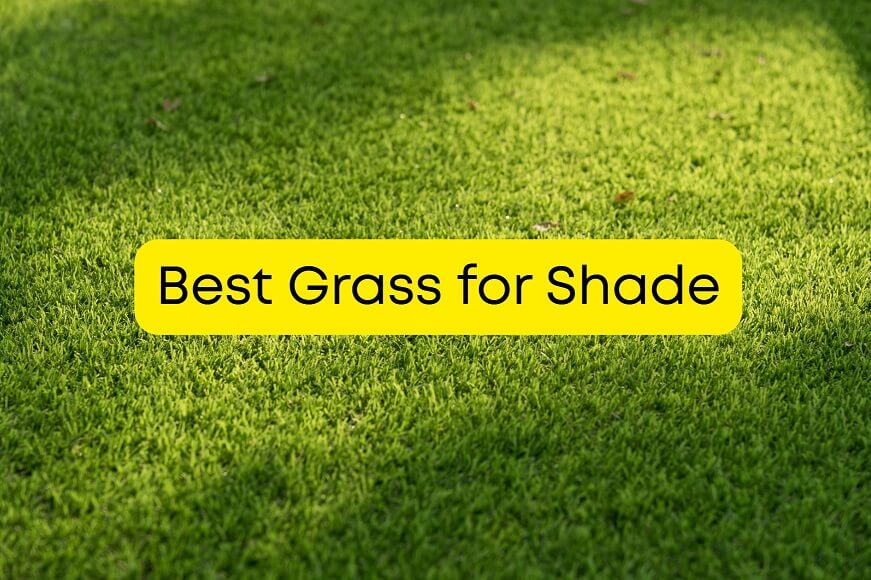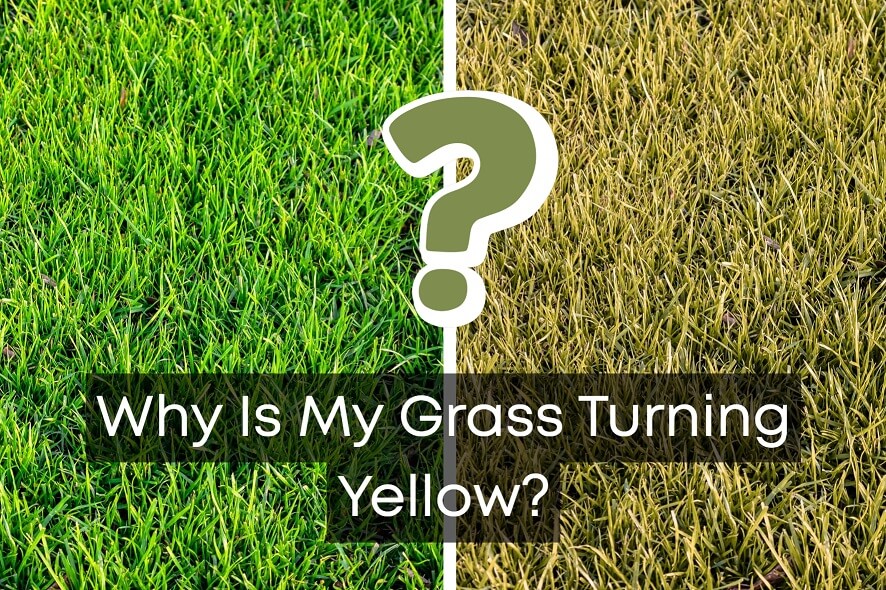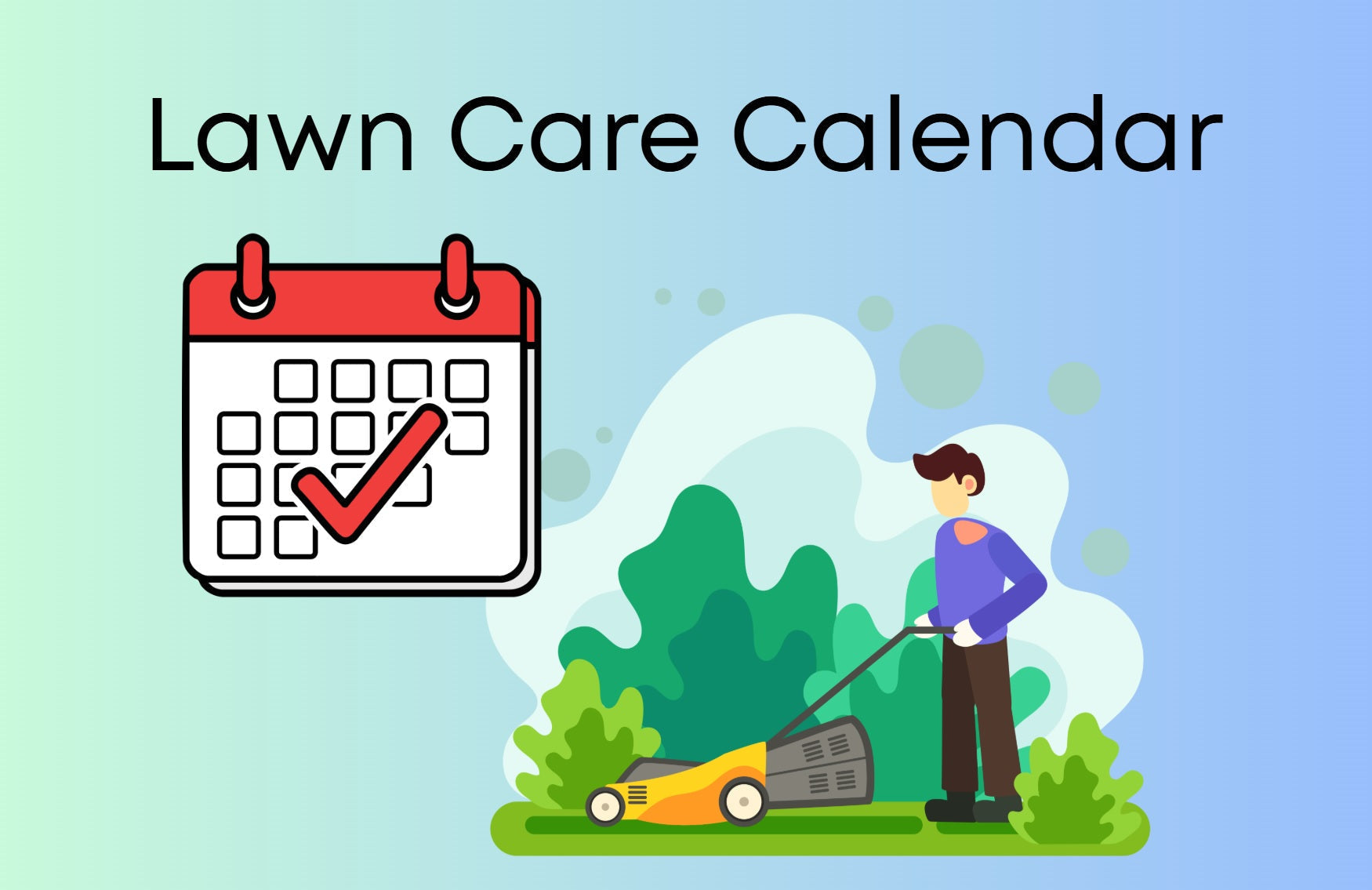There’s something instantly familiar—and weirdly comforting—about the smell of freshly cut grass. Whether you’ve stepped outside after mowing your own yard, walked past a golf course or strolled through a park on a sunny afternoon, that crisp, green, slightly sweet smell is summer, sunshine and the great outdoors. For many of us it’s nostalgic: barefoot soccer games, weekend picnics or the pride of a nicely cut lawn.
But here’s the kicker: for the grass itself, that smell is a distress signal. What you’re smelling are chemical compounds released when the grass is cut by the mower’s blades. These molecules are part of the plant’s natural defense and healing system—but to our noses they become one of nature’s most popular scents.
So, why does grass smell when cut? Let’s get into it.
The Science of Freshly Cut Grass
When you cut grass, the cell walls break and release a bunch of volatile organic compounds (VOCs) into the air. These VOCs are called Green Leaf Volatiles (GLVs). They evaporate quickly which is why the smell spreads instantly and fills the area around a freshly mown lawn.
The Main Players
- cis-3-Hexenal (Leaf Aldehyde): The green note—sharp, citrusy and unmistakable.
- cis-3-Hexenol (Leaf Alcohol): Sweeter and smoother, adds a fruity-green dimension to the aroma.
- Hexanal: Earthy, herbal undertones.
- Esters (like hexyl acetate): Faintly fruity or floral hints.
- Supporting players (methanol, acetone, ethanol, formaldehyde): These make up nearly 60% of the emissions but contribute less to the smell.
Interestingly, many of these compounds also appear in fruits and vegetables we love—strawberries, apples and olives for example. When your brain detects the aroma of freshly cut grass, it connects it to these familiar, pleasant scents which is why the smell feels so refreshing and enjoyable.
Why Do Plants Release These Chemicals?
The answer to why does grass smell when cut has little to do with us humans and everything to do with plant survival. Here’s why:
A Built in Healing Mechanism
When grass is cut or damaged it triggers an internal alarm. The release of GLVs helps the plant heal. These chemicals stimulate new cell growth at the cut site, seal the cut edges and reduce the risk of infection. Some of the compounds even act like natural antibiotics, keeping bad bacteria and fungi away while the grass recovers.
Plant to Plant Communication
Plants aren’t alone—they “talk” to each other through chemical signals. When grass releases GLVs nearby plants can sense them and prepare for danger. They might harden their cell walls, adjust their metabolism or produce substances that make them less tasty to herbivores. So the smell of freshly cut grass is like an invisible warning system travelling through the air.
Keeping Herbivores Away
GLVs also keep herbivores away. Some of the compounds in the mix make the grass taste or smell unappealing to insects and other creatures that eat it. By producing a strong unusual smell the grass discourages further grazing.
Calling in the Cavalry
One of the most interesting roles of GLVs is to attract predators of the insects eating the grass. Compounds like jasmonic acid are a chemical “help wanted” sign, drawing parasitic wasps and predatory beetles that attack caterpillars. So the grass not only defends itself but calls in reinforcements to protect it from future threats.
So when you ask why does grass smell when cut, the answer is: healing, warning, repelling and even recruiting.
Why We Love the Smell
The grass’s SOS may be bad for the plant, but for us, it’s a pick-me-up. Here’s why:
Evolutionary Link
We evolved in green spaces, surrounded by plants. The smell of fresh leaves may have meant fertile soil, edible plants or water. Our attraction to this smell may be a survival instinct, a way of interpreting nature’s signals as signs of safety and abundance.
Shared Chemistry with Familiar Foods
Many GLVs are also found in fruits and veggies, so our brains link the smell to positive experiences. The sweetness of strawberries, the crispness of apples or the freshness of wine all have the same chemical notes. When we smell them in the grass, our brains respond with the same happy recognition.
Memory and Nostalgia
The sense of smell has a direct line to the brain’s limbic system which controls memory and emotion. The smell of fresh cut grass often brings back powerful memories – childhood summers, family gatherings, outdoor play. This connection to nostalgia makes the smell feel comforting and familiar.
Stress Relief and Mood Boost
Scientific research shows natural green scents can lower stress hormones, reduce anxiety and even improve mental clarity. That’s why grass and leaf fragrances are used in aromatherapy and perfumery. What the grass releases as a survival mechanism, we interpret as a mood-boosting gift.
What Does Freshly Cut Grass Actually Smell Like?
Freshly cut grass is layered and complex. Perfumers describe it as green, crisp, slightly sweet and earthy with hints of fruit and spice. It’s like the aroma of chopping fresh veggies in the kitchen but with a sharper edge. This mix of freshness and sweetness is why it’s both energizing and comforting, life, vitality and clean.
You might be wondering if all grass smells the same, but that’s not the case. Different species release varying balances of GLVs, creating subtle differences in scent.
Stronger Smelling Varieties
Couch grass for example releases a very intense, sharp fragrance that can dominate the air within minutes of mowing. Fescue grasses release a more earthy, robust and slightly pungent aroma that gives lawns a deeper “green” scent.
Softer Smelling Varieties
Some grasses release a more subtle aroma so the fragrance of a freshly mown lawn is gentler and less intrusive. Buffalo grass for example produces a mild, understated scent that’s noticeable but not overwhelming. Lawns with these species are a softer experience.
So when you wonder why does grass smell when cut, part of the answer is what kind of grass is under your mower.
How Long Does It Last?
The smell of freshly cut grass is temporary. The GLVs responsible for the scent are chemically unstable and break down quickly when exposed to sunlight and oxygen. This is why the smell is so fleeting yet so memorable.
The strength and duration of the scent also depends on:
Time of Day
The time of day you mow has a big impact on both the strength and duration of the smell. Mowing in the morning when the blades are still wet with dew produces a stronger, more lingering fragrance because moisture slows down evaporation and encourages more GLV release. Mowing in the hotter part of the day speeds up evaporation of the volatile compounds and gives you a strong initial smell that disappears quickly.
Weather and Conditions
Weather also plays a big role in how long and how strong the scent lingers. Hot, dry and sunny weather intensifies the initial smell but the compounds break down faster. Cooler, humid days the smell spreads slower and lingers longer and the fresh cut smell can last for hours. Wind can carry the scent farther or disperse it quickly depending on where you are in relation to the lawn.
Lawn Health and Hydration
The health of the grass itself directly affects the scent intensity. Well watered and nutrient rich lawns produce more GLVs and a stronger and more noticeable smell. Lawns under stress from drought, disease or poor soil conditions produce fewer volatile compounds and a much subtler fragrance.
Mowing Technique
How you mow also affects the release of GLVs. Sharp mower blades make clean cuts and minimal cellular damage and produces a milder smell. Dull or poorly adjusted blades crush and tear the grass and release more chemical signals into the air and intensifies the smell. Mowing height and speed also affects how much tissue is damaged and how strong the smell is.
You May Also Want to Know
Is the smell of cut grass bad for humans?
No. The amounts released are tiny and non-toxic. For most people it’s completely harmless—and may even lift your mood. But for people with grass allergies or asthma it can be irritating as mowing can also release pollen and dust.
Why do some people hate the smell of grass?
Not everyone loves it. For some it’s linked to allergies, asthma attacks or negative associations with yard work. Scent is highly subjective and shaped by biology and personal experience.
Does mowing more often change the smell?
Yes. Mowing more often usually produces a lighter smell as the grass blades are shorter and less tissue is damaged each time. Cutting long overgrown grass releases more GLVs and produces a stronger smell.
A Modern Way to Enjoy the Lawn Aroma
So, back to our question; why does grass smell when cut? For plants it’s a survival response—a combination of repair, defense and communication. For humans it’s a sensory gift tied to food chemistry, nostalgia and stress relief.
Now you don’t have to make enjoying that fresh, perfectly trimmed lawn a chore. With Navimow robotic mowers by Segway, you can have the lush greenery and invigorating smell of freshly cut grass without lifting a finger.
Whether you have a small yard or a large estate, the Navimow i, H, and X3 series deliver precise, autonomous mowing using advanced RTK navigation, 3D vision and VisionFence sensors. With Navimow the vibrant aroma, tidy appearance and health of your lawn is always maintained. Accessories like off-road wheels and antenna extensions further enhance performance, so you can customize your mower for any terrain or lawn size.
Enjoy the convenience of a smart, autonomous mowing solution and bring the sights, sounds and unmistakable fragrance of a perfectly mowed lawn into your daily life—effortlessly.
More Blog
Bermuda Grass vs. St. Augustine Grass
Planning a new lawn? Thinking about which grass to plant? You might already be weighing up Bermuda and St. Augustine, two of the most common warm-season grasses grown across the southern states. Well, Bermuda and St. Augustine grasses are both...
Best Grass for Shade: Top Varieties for Cool and Warm Climates
For lawns that suffer from the shade of large trees, tall fences, and building shadows, the choice of grasses becomes a bit limited. You can’t go with every grass type because most of them would die due to a lack...
Why is My Grass Turning Yellow? Common Reasons and How to Fix
No one likes to see a yellow lawn patch in their lawn. But it comes uninvited and compels the lawn owner to think about why it happened. Your grass could turn yellow if it is suffering from nutrient deficiency, overwatering,...
When is the Best Time to Plant Grass Seed?
Every lawn owner is eager to get rid of those bald patches and make the lawn lush and green from every corner. But you can’t just grab grass seeds and plant them whenever you want. Beginners often don’t know the...
Summer Lawn Care Tips: Smarter Lawn Care for a Better Season
Summer's finally here. A time when the days are long, the sun is high, and the sweet smell of freshly cut grass hangs languidly in the air. For many of us, a lush, green lawn is the centerpiece of summer,...
Month-by-Month Lawn Care Calendar for the US
Lawns are sensitive, so you have to do everything at the right time, whether mowing, applying fertilizer, or watering. Otherwise, you will end up ruining your lawn while trying to make it healthier. Beginner gardeners and new lawn owners often...







Share: